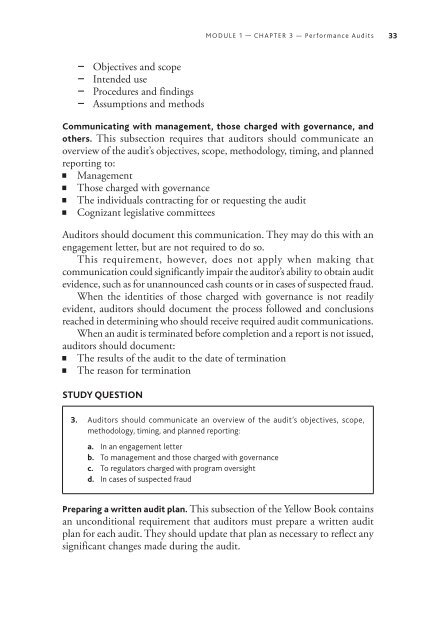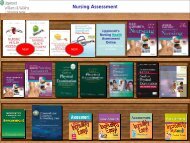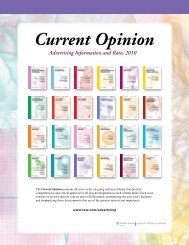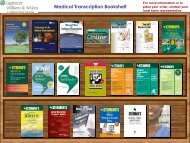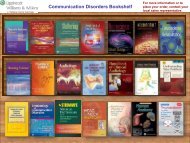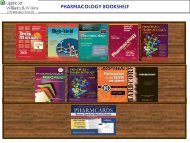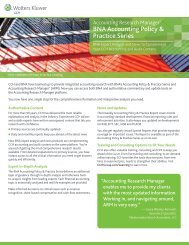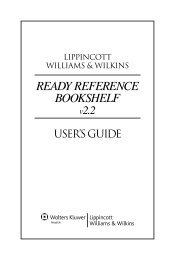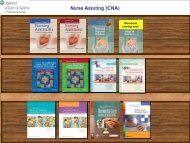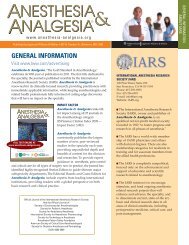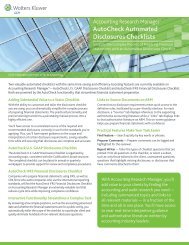TOP AUDITING ISSUES FOR 2013 - CCH
TOP AUDITING ISSUES FOR 2013 - CCH
TOP AUDITING ISSUES FOR 2013 - CCH
You also want an ePaper? Increase the reach of your titles
YUMPU automatically turns print PDFs into web optimized ePapers that Google loves.
MODULE 1 — CHAPTER 3 — Performance Audits 33<br />
Objectives and scope<br />
Intended use<br />
Procedures and findings<br />
Assumptions and methods<br />
Communicating with management, those charged with governance, and<br />
others. This subsection requires that auditors should communicate an<br />
overview of the audit’s objectives, scope, methodology, timing, and planned<br />
reporting to:<br />
Management<br />
Those charged with governance<br />
The individuals contracting for or requesting the audit<br />
Cognizant legislative committees<br />
Auditors should document this communication. They may do this with an<br />
engagement letter, but are not required to do so.<br />
This requirement, however, does not apply when making that<br />
communication could significantly impair the auditor’s ability to obtain audit<br />
evidence, such as for unannounced cash counts or in cases of suspected fraud.<br />
When the identities of those charged with governance is not readily<br />
evident, auditors should document the process followed and conclusions<br />
reached in determining who should receive required audit communications.<br />
When an audit is terminated before completion and a report is not issued,<br />
auditors should document:<br />
The results of the audit to the date of termination<br />
The reason for termination<br />
STUDY QUESTION<br />
3. Auditors should communicate an overview of the audit’s objectives, scope,<br />
methodology, timing, and planned reporting:<br />
a. In an engagement letter<br />
b. To management and those charged with governance<br />
c. To regulators charged with program oversight<br />
d. In cases of suspected fraud<br />
Preparing a written audit plan. This subsection of the Yellow Book contains<br />
an unconditional requirement that auditors must prepare a written audit<br />
plan for each audit. They should update that plan as necessary to reflect any<br />
significant changes made during the audit.


